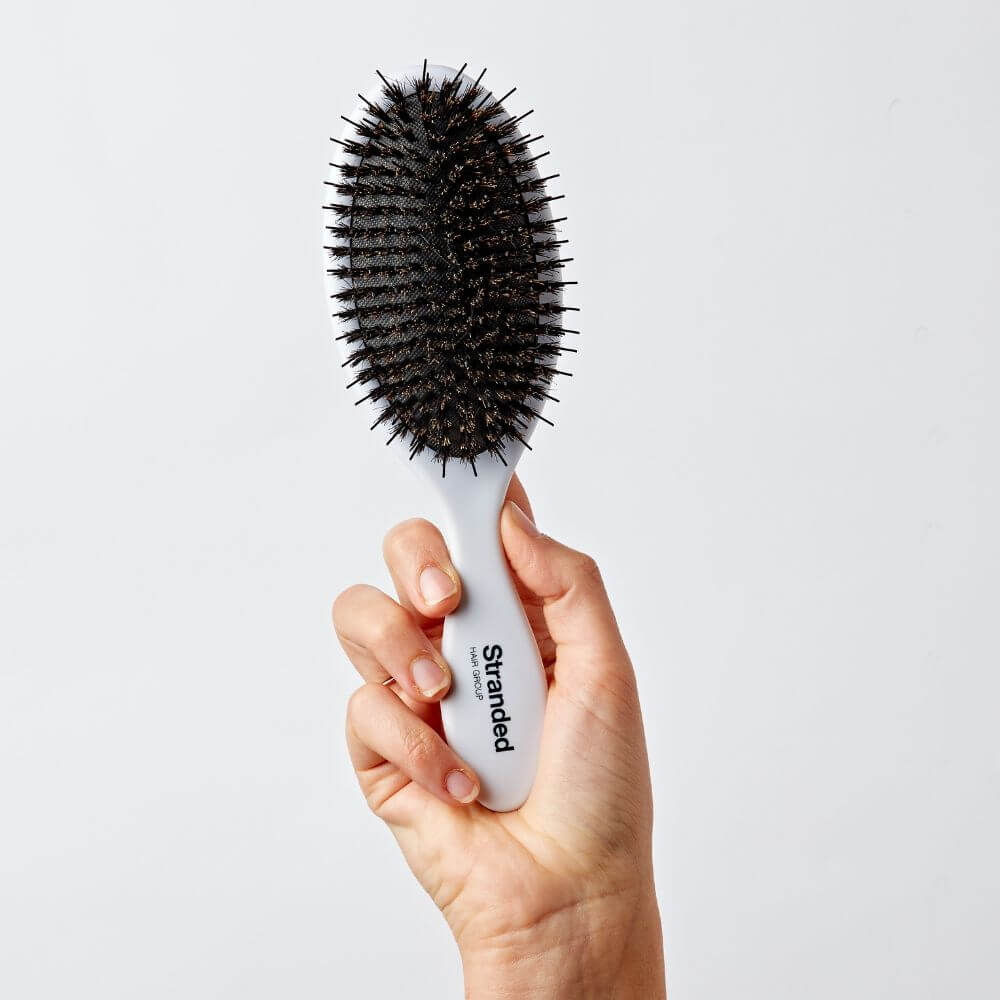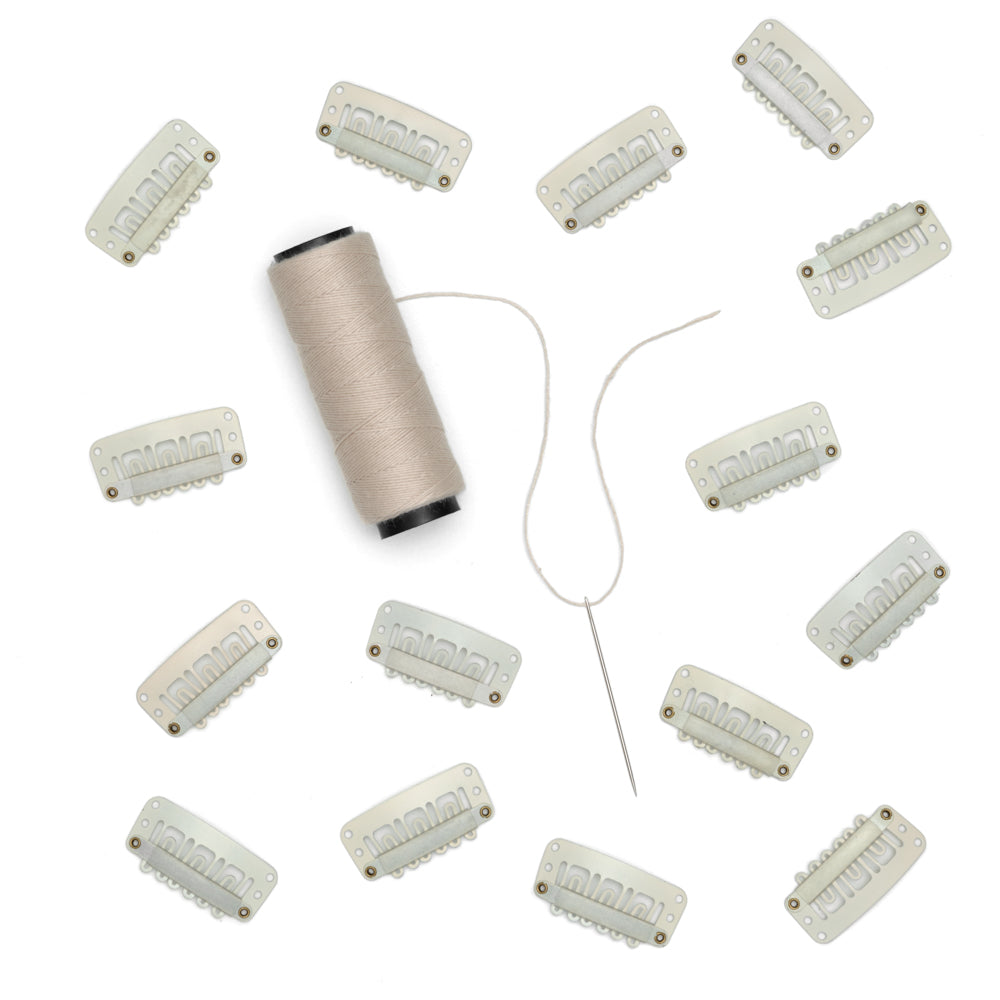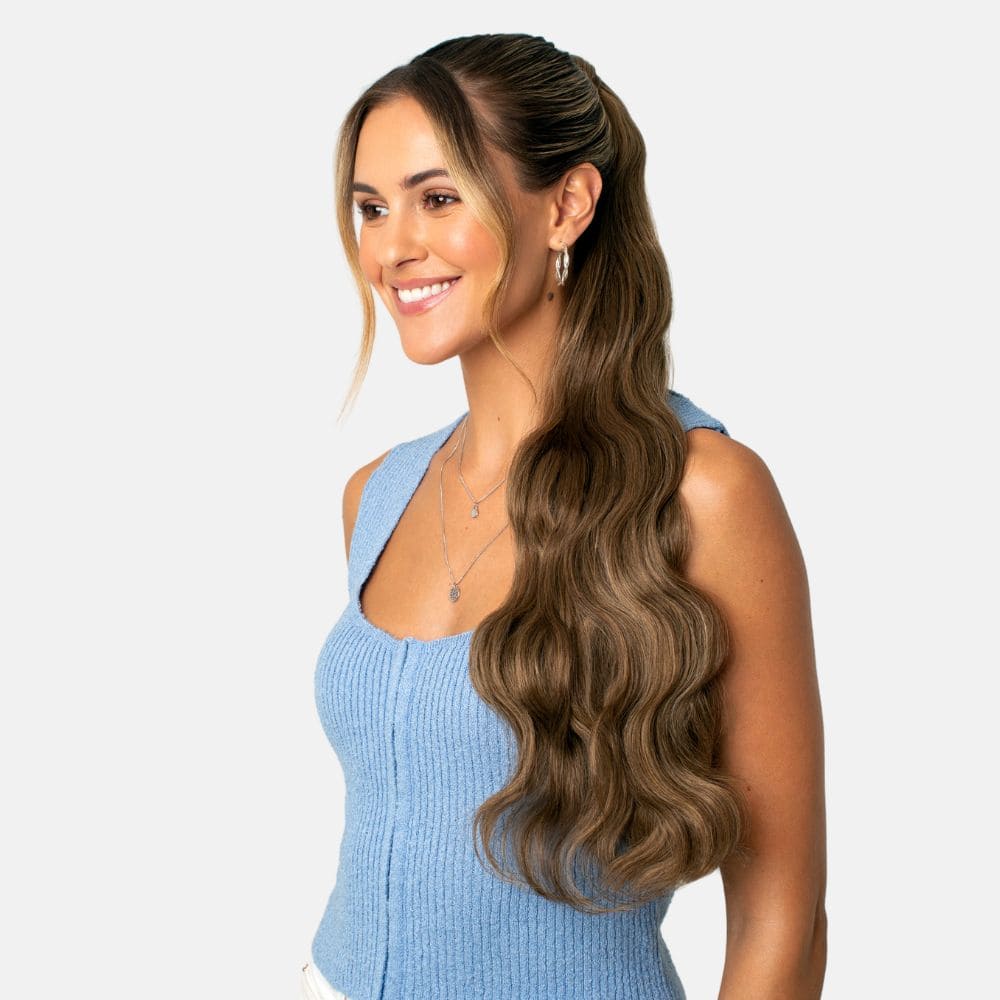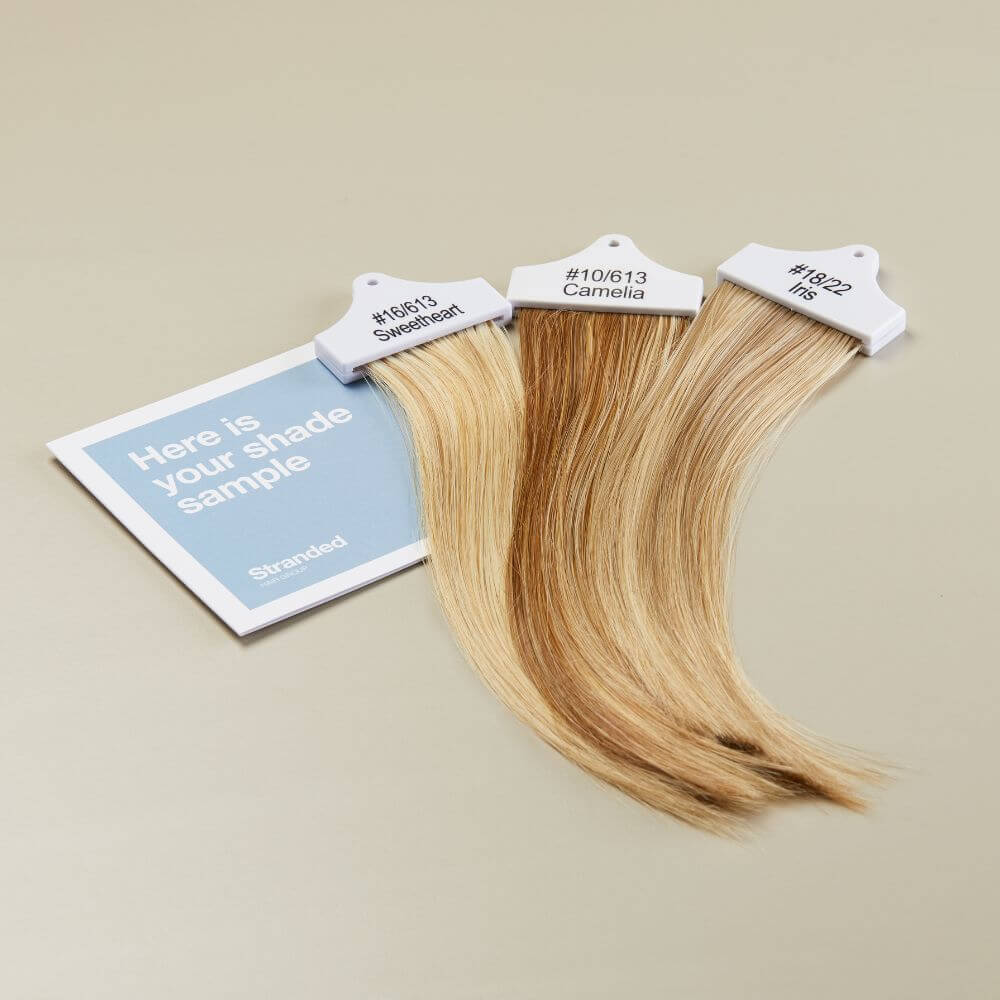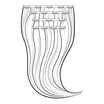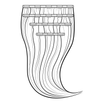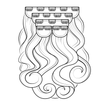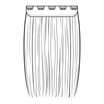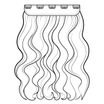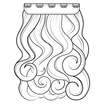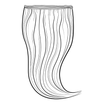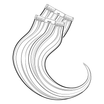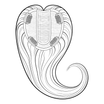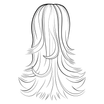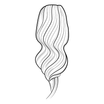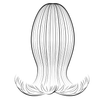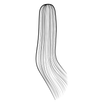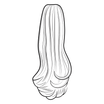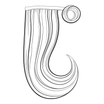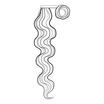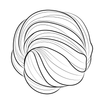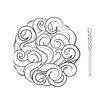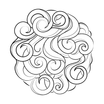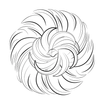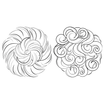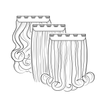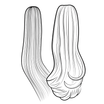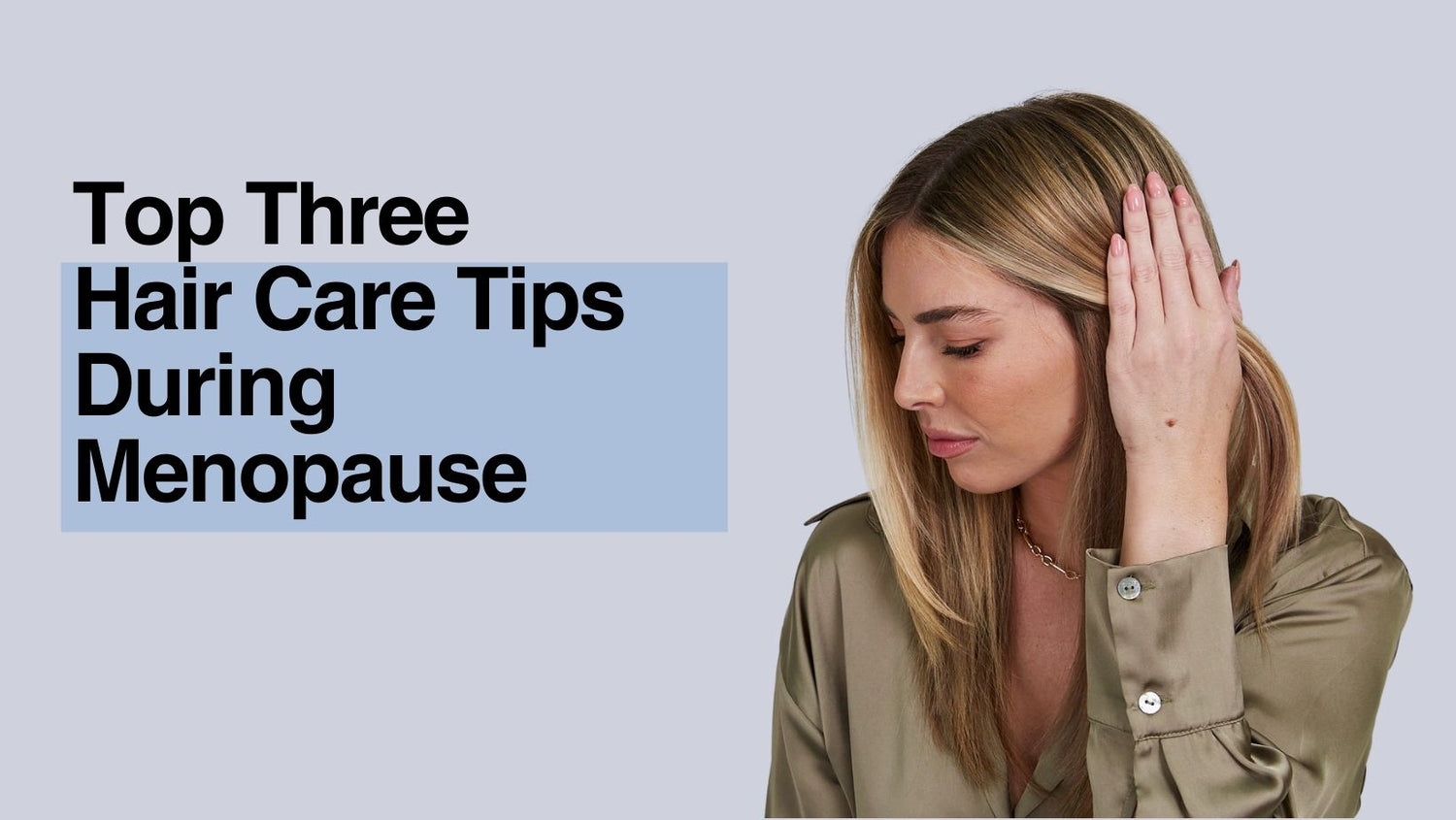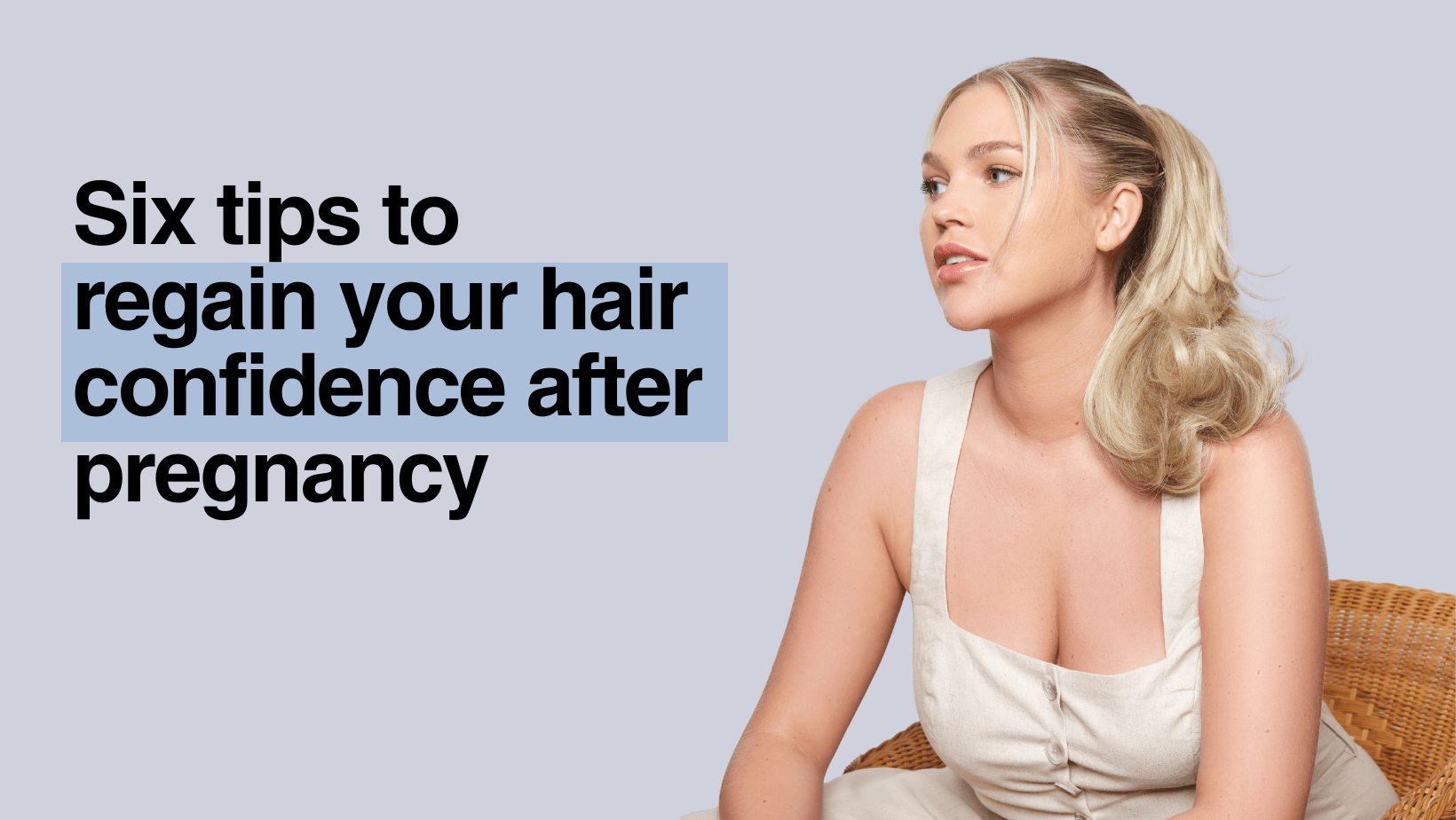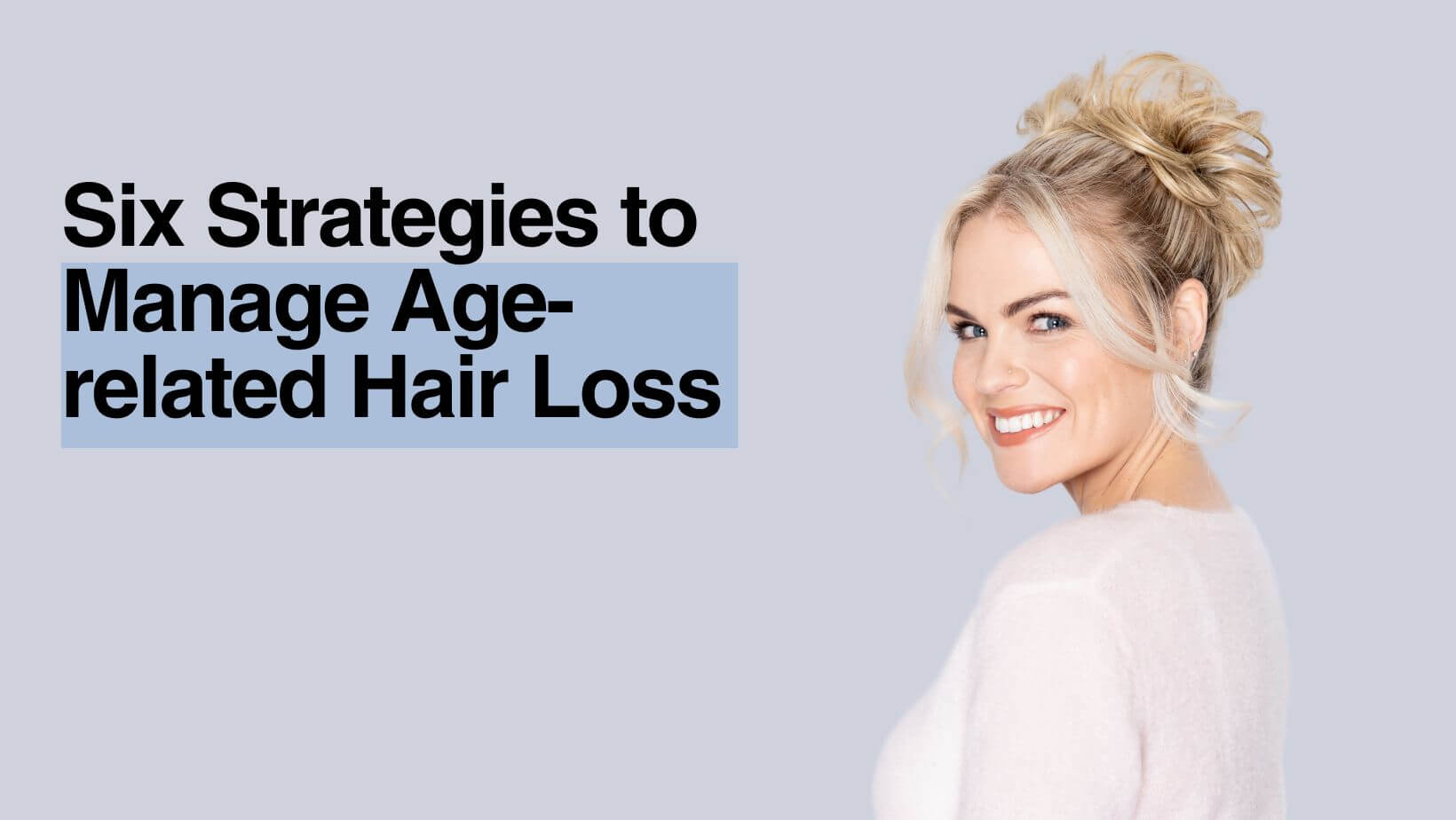Introduction to Menopause and Hair Changes
Menopause marks a significant transition in a woman's life, typically occurring in her late 40s to early 50s, characterised by the end of menstrual cycles and a decline in reproductive hormones. As estrogen levels fluctuate and eventually diminish, various physical and emotional changes can manifest, including alterations in hair health and appearance.

Many women experience thinning hair, dryness, or increased brittleness during this time, leading to concerns about volume and texture. Understanding the connection between menopause and hair changes is essential for women navigating this phase, as it can help women make informed decisions about hair care routines. By addressing these changes holistically, you can maintain both confidence and overall well-being during this natural life stage.
Common Hair Issues During Menopause
Menopause brings about many changes in a woman's body, and hair health is often significantly affected during this transitional period. Hormonal fluctuations can lead to various hair issues that may be both frustrating and disheartening. From increased thinning and dryness to the unexpected growth of unwanted facial hair, these challenges can impact self-esteem and overall well-being. There are quick fixes available such as lightweight clip-in hair extensions which are specifically designed for thinning at the temples. This is an area prone to hair loss during menopause, but also hair care tips which can improve the look and feel of your hair over time.

Three Hair Care Tips During the Menopause
1. Hydrate and Nourish the Scalp: Hormonal changes during menopause can cause dryness and thinning of the hair. Use moisturising shampoos and conditioners infused with nourishing ingredients like argan oil, biotin, or keratin. These help to hydrate the scalp and fortify hair strands, reducing breakage and promoting healthier growth.
2. Use Gentle Styling and Hair Extensions for Volume: Hair may become fragile and thinner during menopause, so it’s crucial to avoid excessive heat styling or tight hairstyles that stress the hair.
3. Boost Hair Health with Supplements: Menopause can impact hair health due to declining estrogen levels. Consider incorporating hair-boosting vitamins like biotin, silica, or collagen into your daily routine to improve hair strength and thickness.
If you need an instant addition of hair volume consider using targeted hair extensions such as The Hairline Fillers to discreetly add volume to thinning areas along the hairline. These extensions are lightweight, gentle on the hair, and can seamlessly blend with your natural hair for a fuller appearance.

The Hairline Fillers are a great option to cover thinning areas while you work on improving your hair’s overall health from within.
Dietary Considerations for Healthy Hair
Addressing dietary considerations becomes crucial for maintaining healthy hair during this phase. Specific nutrients can help mitigate these changes, supporting overall hair health.
Incorporating foods rich in protein, such as lean meats, fish, eggs, and legumes, is essential, as protein is a building block for hair. Additionally, omega-3 fatty acids found in fatty fish, walnuts, and flaxseeds can enhance scalp health and promote shine.
Vitamins A, C, D, and E, along with biotin and zinc, play critical roles in hair growth and strength. Green leafy vegetables, berries, and nuts provide these essential nutrients. Iron-rich foods like spinach and quinoa are vital for oxygen transport to hair follicles, combating potential thinning. Finally, staying hydrated supports overall health, including hair moisture levels.
The Benefits of Our Top Tips
By focusing on these key nutrients and incorporating a variety of supportive foods, women can improve their hair health and navigate the changes of menopause more effectively. The top three tips can help women manage thinning hair during menopause while keeping their look natural and full. The hair care tips will require constancy and patience but will provide great support for the health of your hair during the hormonal changes of menopause.

